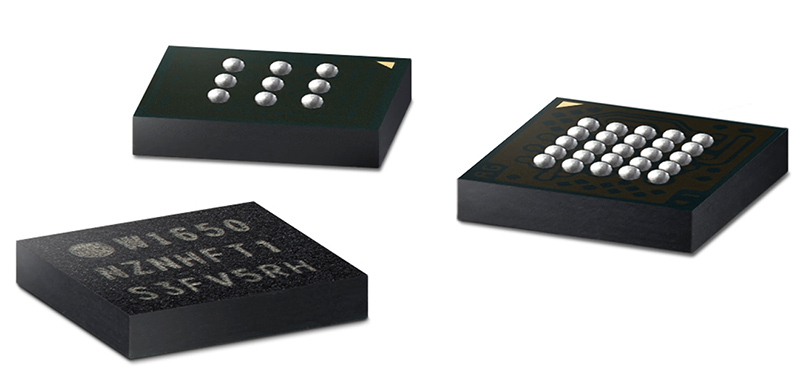
On October 18, 2017, Samsung Electronics introduced its integrated Secure Element (SE) solution for Internet of Things (IoT) applications that offers a turn-key service for both hardware and software needs.
As the benefits of IoT devices grow, so does the importance of security throughout the network that spans from cloud, servers and hubs to the individual connected devices. With both hardware and software support for the security requirements in today's IoT devices, Samsung's SE solution will help chip manufacturers to easily employ reliable security features, and bring innovative products and services to market faster.
At the hardware level, Samsung's SE will stop and reset itself the moment it detects abnormal activity, thus protecting the sensitive data stored within the security IC (integrated circuit). The SE adopts embedded flash (eFlash) for the first time in the industry at the 45-nanometer (nm) process node, which brings faster data processing and more flexible software modifications compared to traditional EEPROMs (electrically erasable programmable read-only memory).
Samsung's dedicated software for the SE supports various tasks such as personal verification, security key storage, and encoding and decoding. This software also allows key and authentication information to be safely transferred between devices, servers and clouds.
"Securing personal information stored on electronic devices and in the cloud is a top priority," said Ben K. Hur, Vice President of System LSI marketing at Samsung Electronics. "Samsung's Secure Element solution is another demonstration of our advanced security technology that has been proven through mobile application processors (AP), smart card ICs and other semiconductor products. We believe that applications for Samsung's SE solution will continue to diversify along with the vastly expanding IoT industry."